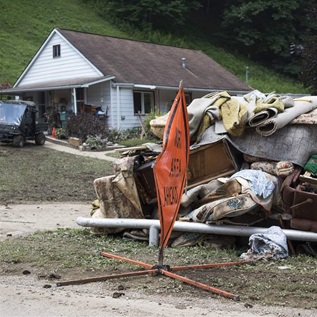Pew Cautions Against Risky Third-Party Bank Partnerships
Letter to House committee provides evidence base to identify safe and unsafe small-dollar lending models
To inform discussion at the Feb. 5 hearing, “Rent-A-Bank Schemes and New Debt Traps: Assessing Efforts to Evade State Consumer Protections and Interest Rate Caps,” The Pew Charitable Trusts provided the U.S. House Financial Services Committee with a summary of its research on small-dollar loans.
In its letter, Pew drew stark contrasts between two types of partnerships between banks and third-party financial operators: one that allows mobile or online banking providers to help small and medium-sized banks offer safe, small installment loans, and another that permits payday or other nonbank lenders to use banks’ charters to originate high-cost loans that would otherwise violate state usury laws, putting consumers at extreme risk.















